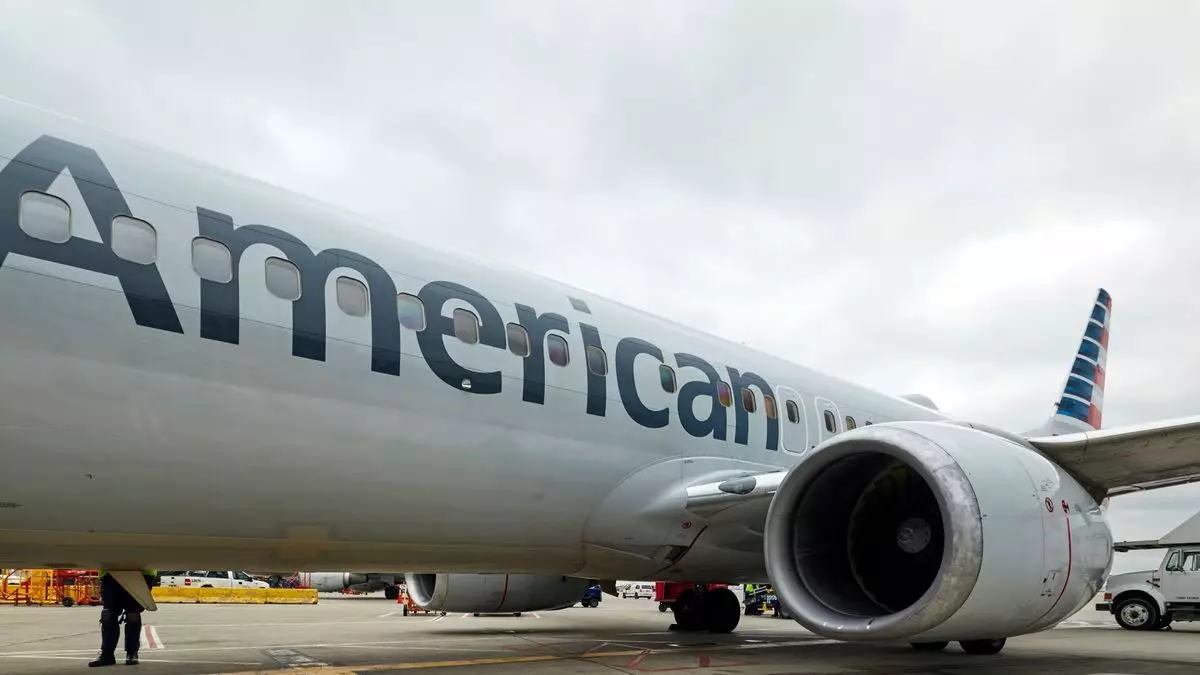The recent announcement made by American Airlines during the ASTA’s Travel Advisor Conference to reverse its distribution strategy was generally well-received by the travel agency community. This decision marked a significant victory for ASTA after a yearlong battle against American Airlines, as it agreed to abandon its plans of not awarding loyalty points for bookings from non-preferred travel agencies and to stop removing content from Global Distribution Systems (GDSs). However, despite the collective sigh of relief from agencies, the road ahead remains uncertain and filled with challenges.
While American Airlines has taken steps to address the concerns raised by travel agencies, questions still linger regarding how the carrier plans to restore its damaged relationships and reputation with the advisor community. One of the main challenges highlighted by industry experts is the need for American Airlines to make up for the ground it lost over the past year, including pulling corporate contracts, salespeople, and agency commissions. Dave Hershberger, President of Prestige Travel Leaders, emphasized the urgency for the carrier to act swiftly in rebuilding trust and goodwill among travel agencies.
The rift between ASTA and American Airlines began when the carrier decided to pull nearly half of its fares from traditional GDS channels, making them exclusive to the NDC channels. However, the Society argued that American’s NDC technology was not up to par, especially in terms of servicing capabilities, making NDC bookings cumbersome for agencies. This move not only created challenges for travel advisors in managing transactions but also resulted in increased costs and anxieties for agencies, as highlighted by Jay Ellenby, President of Safe Harbors Business Travel.
Olga Ramudo, Senior Vice President of Gray Dawes/Express Travel, pointed out that American Airlines’ policies not only added extra workload for advisors but also strained the relationship between agencies and the carrier. The restrictions regarding miles and points for bookings created additional complications for agencies, resulting in a negative impact on customer service and agency-client relationships. The frustration and dissatisfaction among travel agencies prompted a strong response, with agencies and clients collectively voicing their concerns through various channels.
The successful reversal of American Airlines’ distribution strategy was largely credited to the efforts of ASTA, which spearheaded a campaign against the carrier’s policies. CEO Zane Kerby acknowledged the role of travel agencies and clients in sending thousands of messages to legislators, advocating for fair treatment and recognition of loyalty points, regardless of the booking channel. This grassroots campaign not only pressured American Airlines to reconsider its strategy but also shed light on the challenges faced by agencies in maintaining their businesses in the face of industry disruptions.
Looking ahead, travel agencies are hopeful that American Airlines will take concrete steps to rebuild relationships with the advisor community and address the damage caused by its previous policies. Concerns about the future of NDC solutions and third-party technology providers loom large, with advisors urging the carrier to proceed with sincerity and a genuine commitment to supporting the travel agency ecosystem. The path forward for American Airlines involves not only clarifying its NDC strategy but also demonstrating a willingness to listen to the needs and concerns of travel advisors.
The recent developments surrounding American Airlines’ distribution strategy have brought to light the complex dynamics between airlines and travel agencies in the evolving landscape of the travel industry. The reversal of American Airlines’ policies serves as a reminder of the importance of collaboration and communication between airlines and travel advisors in ensuring a sustainable and mutually beneficial relationship. Despite the challenges that lie ahead, there is an opportunity for American Airlines to learn from this experience and forge stronger partnerships with the travel agency community.


Leave a Reply